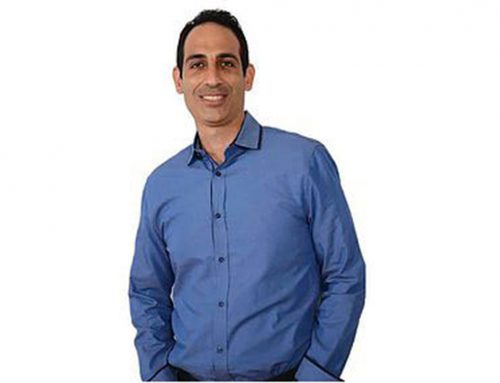Many of us know that we should invest in estate planning as part of our financial planning task list, but it is easy to push it off, especially if you are not aware of which documents would suit your individual needs.
Estate planning does not have to be complicated. As soon as you comprehend the different types of essential estate planning documents and how they are used, you will know how to weigh your options and determine what is best for you and your family.
1. Last Will & Testament (LW&T)
Your Last Will & Testament (LW&T), as intimidating as it may be to discuss, is a written legal document that states how you want your property and assets allocated after your death, whether you leave your estate to your immediate loved ones, your family, a charity, or even your pets. It also gives you the chance to pick an executor (here in Florida called a “personal representative) whose job it is to ensure that the specifications in your LW&T are met, including but not limited to possibly naming a guardian(s) for children under 18 (if you leave them more than $15K) or if you make a “testamentary trust” (for example: a special needs trust for a beneficiary who is disabled).
2. Durable Power of Attorney (DPOA)
A power of attorney lets you pick someone to manage your financial affairs, and make decisions for you, if you are unable to make financial decisions for yourself. “Durable” means that the document is still in effect even if you become “incapacitated” (should you become incapacitated, this document may avoid the necessity of filing a guardianship with the court)
3. Healthcare Surrogate (HCS)
A Healthcare Surrogate ensures that the health care decisions you would make for yourself are carried out. Your healthcare surrogate speaks for you regarding the medical care over your body, when you cannot speak for yourself. This document (along with the Living Will) provides the healthcare surrogate with insight regarding your healthcare desires.
4. Living Will & Limited Do Not Resuscitate (Liv.Will & Lmt DNR)
A living will provides instructions to your physician as to whether or not you want to receive life-sustaining medical procedures if you have been diagnosed with a terminal condition, end-stage condition, or are in a consistent vegetative state. It also gives members of your family guidelines to follow should you not be able to speak for yourself. This is the famous “pull the plug – Terry Shrivo” document.
5. HIPAA Release
HIPAA stands for Health Insurance Portability and Accountability Act, a law designed to provide privacy standards to protect patients’ medical records and other health information provided to health plans, doctors, hospitals and other health care providers. It permits your named agent to obtain your medical records and discuss your case with your medical providers.
6. Disposition of my Remains
This document provides authority to make decisions concerning the final disposition of remains in Florida. The document permits the deceased person themselves (the decision maker) to specify for themselves what their wishes are, by writing his or her wishes in an “inter-vivos instruction.” The document should include the specific intent of the deceased person, such as “cremation,” “burial,” and “sprinkling of ashes.” Others can also be named in the document as having authority.
7. Revocable Living Trust (RLT)
A revocable living trust (RLT) ensures distribution of the grantor’s estate without oversight by the probate court. Probate documents are public record, however, when it comes to trust provisions, a trust guarantees privacy. The trust directs the trustee to manage the assets for your benefit during your lifetime (you can be the grantor and the initial trustee of your trust), then after you die, the named successor trustee distributes your assets to your beneficiaries. The trust is liable for the debts of the grantor for two years after the grantor’s death. With an RLT, the grantor should also execute a “pour-over LW&T.”
Make sure that your loved ones and property are protected and call today for your free estate planning law consultation at Kadoch Law Group!






